Dialing in water? IS THAT A THING?
2/3/2018
By: Jon CluttonLet me set the scene for you. Three humans gather around a tall-standing table late at night, mugs in hand, freshly ground coffee aroma in the air, and not a single word uttered. The stakes are high and taste buds need to be sharp. The status of The Wild Way water is on the line, and we're doing an experiment of n=3. First of all, I want to thank Bryce Truver of KU Med, who is just an all around good human, for letting us ask, nay, drag him into our little experiment. He not only contributed a lot of damn good music choices, but also a little bit of power to our statistics. Not to mention, it made our experiment even more legitimate by having TWO KU researchers in the midst. Thanks Bryce! The topic of water has puzzled us during this process of trying to get the camper up and going. Most coffee shops use a filtration system to modify the water content, but these systems have inherent issues and are expensive. We think that the best way to ensure quality spro, drip, and pour-overs is to dose our own water. It gives us more control over the quality of the product and helps us prevent scale in our machines. There's also the nice side benefit that it's less expensive. The question at hand is - what minerals should we add in? That's why Bryce, Christine, and I are doing this experiment. We know that divalent cations, calcium and magnesium, makes coffee sweeter, improves flavor, and gives a better body. We've written about this before. But what we don't know is what ratio of magnesium to calcium creates the best brew. That's what we're going to figure out. This "dialing in" of our water recipe will result in our final water recipe (yes, that's a thing) that will be used in our coffee camper to make all our drinks. Methods and sUCH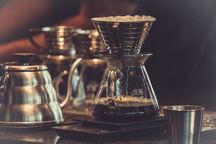 We have three different waters. One with 100% magnesium, one with 25% calcium/75% magnesium, and one with 50% calcium/50% magnesium. As you might have noticed, none of the waters have a high concentration of calcium. Calcium reacts with bicarbonate at high temperatures, becomes insoluble, and causes scale. This can cause serious problems for espresso machines and batch brewers. Hence why we're keeping calcium in control. To create the waters we dissolved magnesium chloride, calcium chloride, and sodium bicarbonate into distilled water. We held the overall amount of general hardness, TDS, and buffer the same across all waters. The exact ratios of each of the coffees are in a table below. The waters were initially made by Jon and relabeled by Christine so that none of us knew which water brewed which cup. The coffee was ground on a Baratza encore and brewed on a Kalita wave. Grind size, pouring pattern, and brew time were held constant across all coffees. Theoretically, the only thing that varied is the content of the waters. Confused is a 75% to 25% ratio MgCl2 is Magnesium CaCl2 is Calcium NaHCO3 is Sodium Bicarbonate i.e. Baking Soda that acted as our buffer. We thought of it all. Controlled for everything. The true scientist way. HOWEVER, in my haste to cook pasta carbonara and make the waters at the same time, I didn't have time to quality control test the water for general hardness and buffer. This might come into play later. Little has changed since Ochem lab, when I forced my lab partner and friend, Jose Luis Olmos Jr., to redo a two hour experiment with me because I "accidentally" dropped our final precipitate into a melted "ice" bath. Fortunately, if we have to redo this experiment of drinking a bunch of coffee, I don't think anyone will be too disappointed. The method consisted measuring out the three waters, Christine brewing one cup of coffee for each water, resulting in three total cups of coffee. We tasted each coffee at three different temperatures, and then wrote down our thoughts and graded each coffee for sweetness, body, flavor, and overall cup quality. Results Tldr After we finished the third cup of coffee at the coolest temperature, we compared notes and scores. We weren't speaking at all during the actual experiment to ensure our thoughts didn't effect the others' opinion. Our results seemed . . . well . . . here they are. More Magnesium seems to be in the lead (i.e. the 100% or 75% ratio) but we need more data. Christine and Bryce have consistent taste buds, and I most likely screwed up the experiment. Fancy graphs and stuffSo . . . which water made the best coffee? I summed all of the data and put it in the graph below. As you can see, the answer is "magnesium, maybe?" First impressions, you look at the graph, it looks like the 100% magnesium water has good sweetness, the best flavor, and the best taste overall. But there were three of us and straight magnesium BARELY pulled it out, so does that really tell us anything? Ehhh, probably not. We did find out a few other interesting things. 1) Christine has good taste buds. We noticed that the more magnesium in the water, the more Christine liked the coffee. This is what we call a dose-response relationship and it usually implies a relationship between two variables. Christine's taste buds provided much more clarity than our data, and they leave me hopeful in magnesium. 2) Bryce likes bitter coffee. Bryce also had a dose-response relationship. The more calcium in the water, the more Bryce liked the coffee. It also happened that the more calcium, the more bitterness. See 3 for why. 3) My carbonara was good, but my science was not. Listen to these tasting notes: Less sweet smelling from get go, a little thinner, almost silky but not quite, weak in both mouthfeel and flavor, sweetness subtle, acidity lacking, taste lame, all around boring. Those are Christine's tasting notes on the 50/50 coffee and the last three notes, "acidity lacking, taste lame, all around boring" - scream TOO MUCH BUFFER to me. Meaning we put too much baking soda in the water. I was playing around the next night, trying to make more water for more data. This time I actually did a quality control test on the water. The buffer was almost TWO TIMES as high as I wanted it to be. I think there was an issue with our concentrate during our experiment. Awkward turtle. All of our data, may have been meaningless. Just like Ochem. After discussing with Christine, we are going to continue the experiment over the next few weeks. We have the water dosed and will try each water again, for multiple days, and take thorough notes of our morning coffee. Hopefully, by the time the camper is ready, we will have enough data to find a more accurate correlation. Thanks everyone! We'll keep you up-to-date. Best,
|
THE WILD WAY CONTRIBUTING WRITERS: |

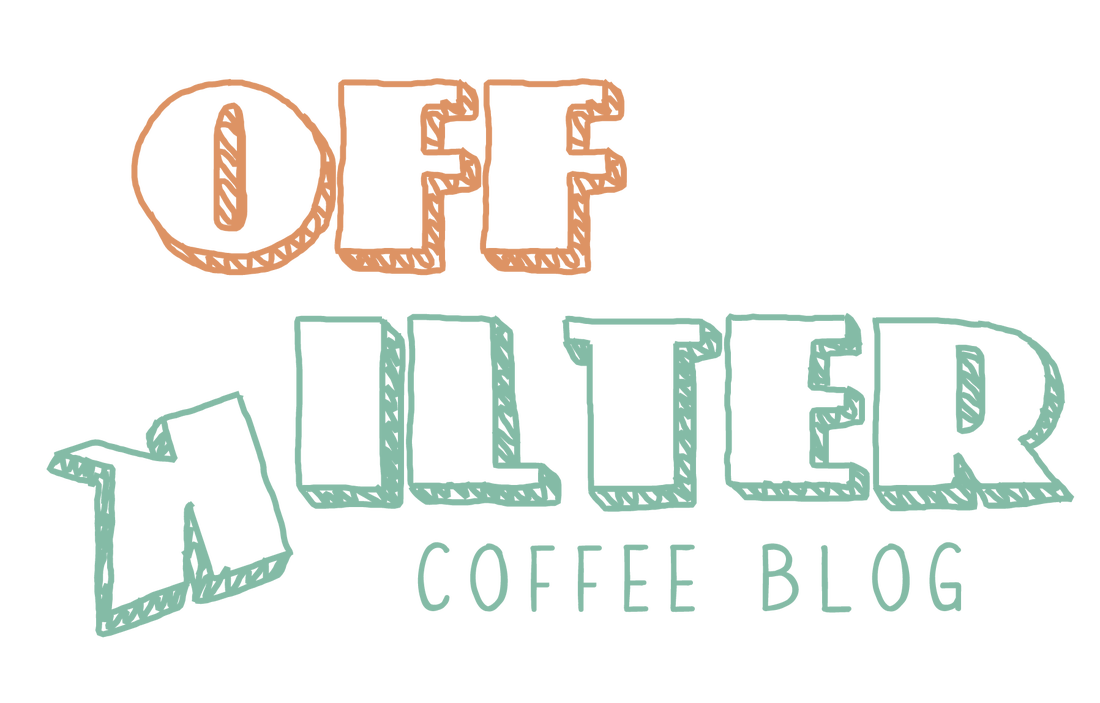
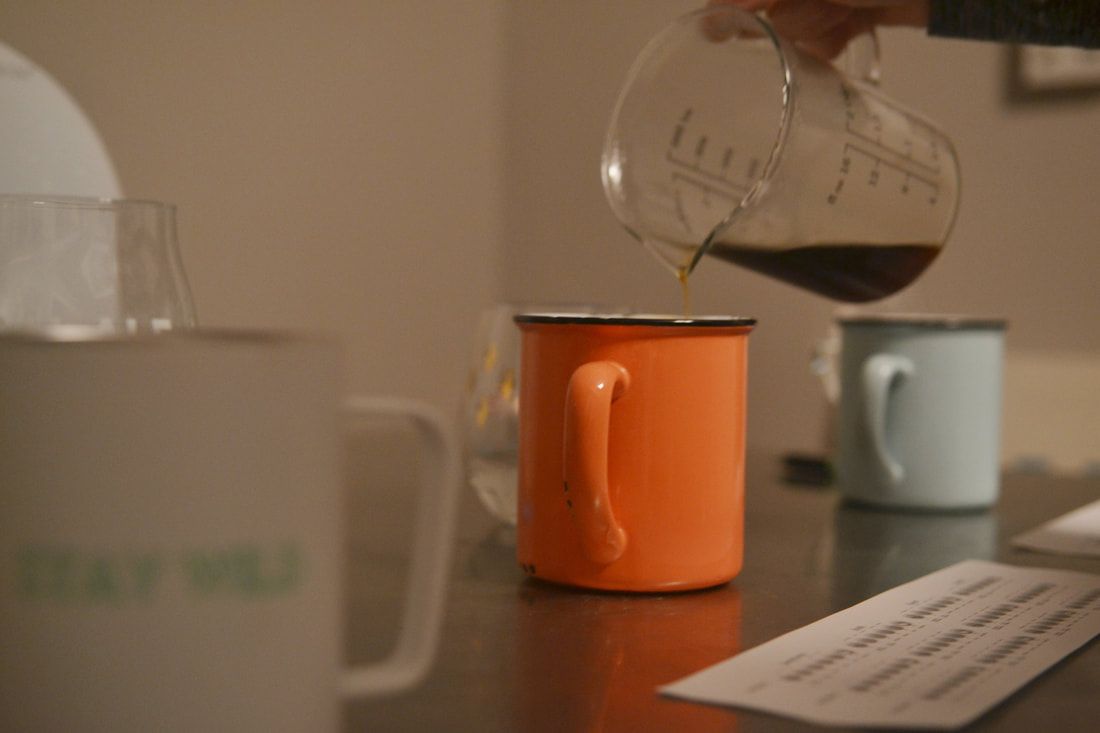
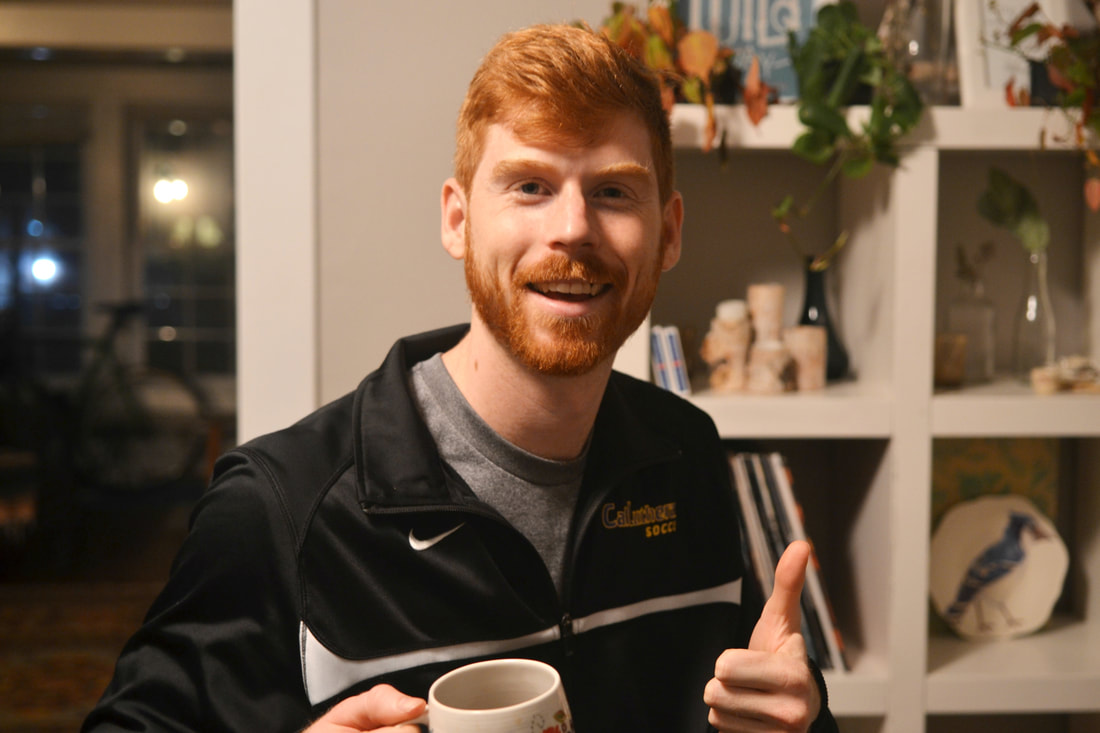

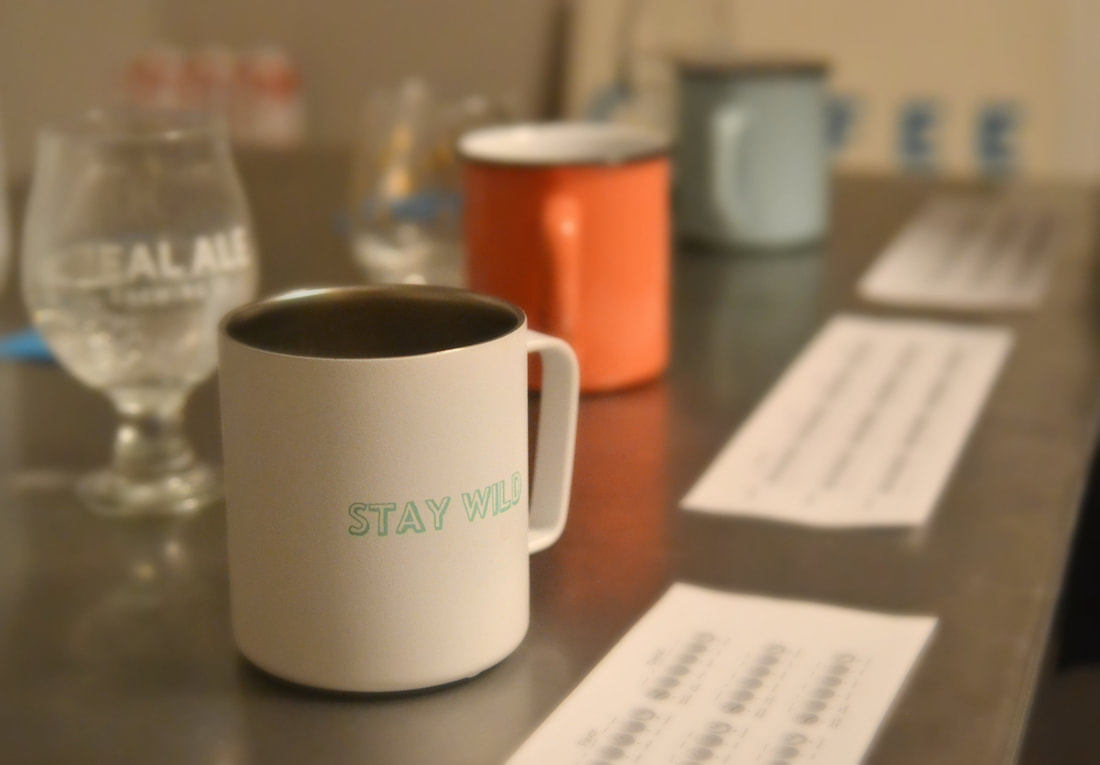
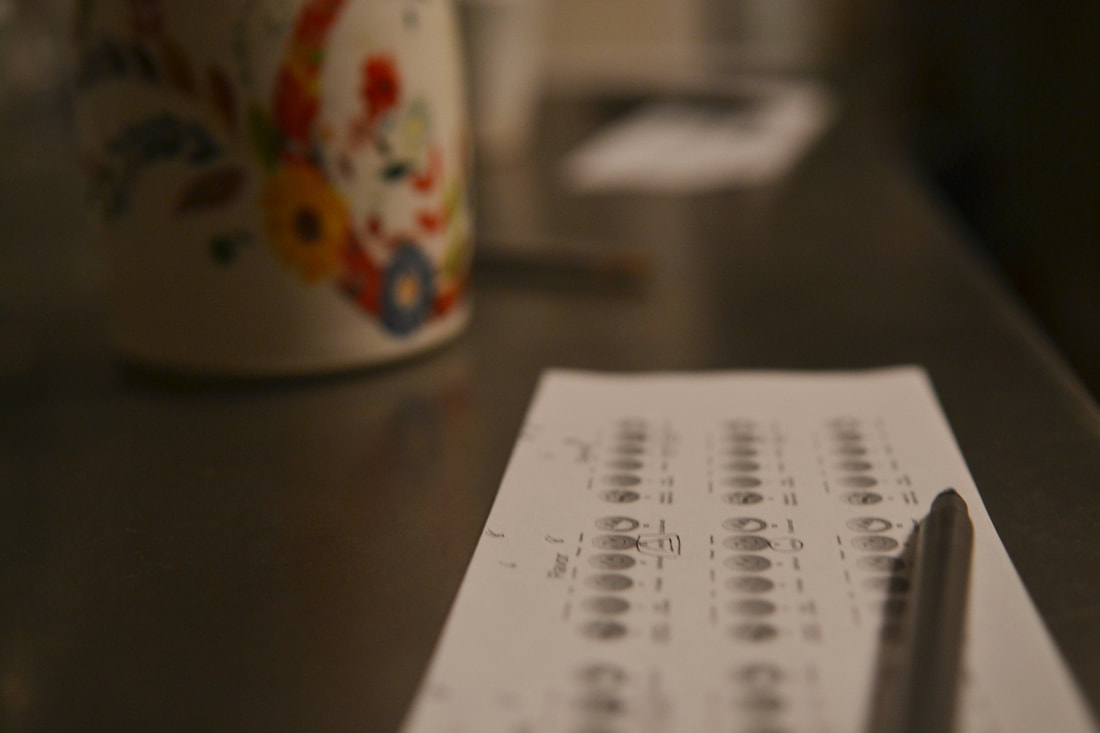
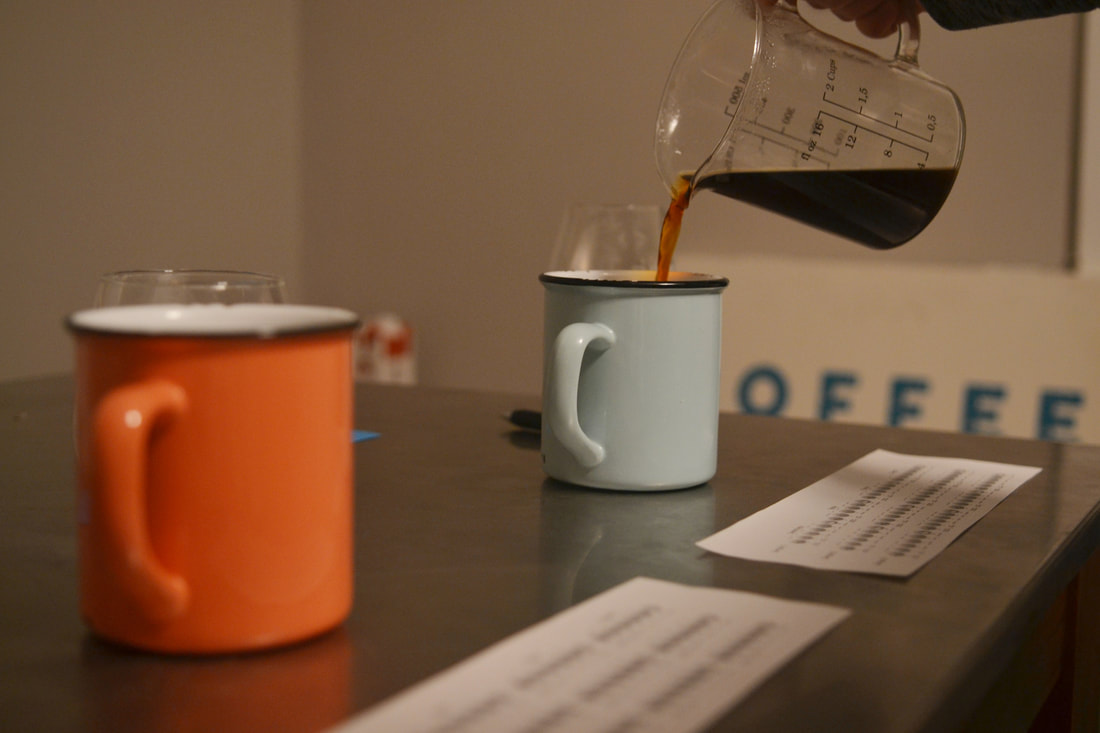
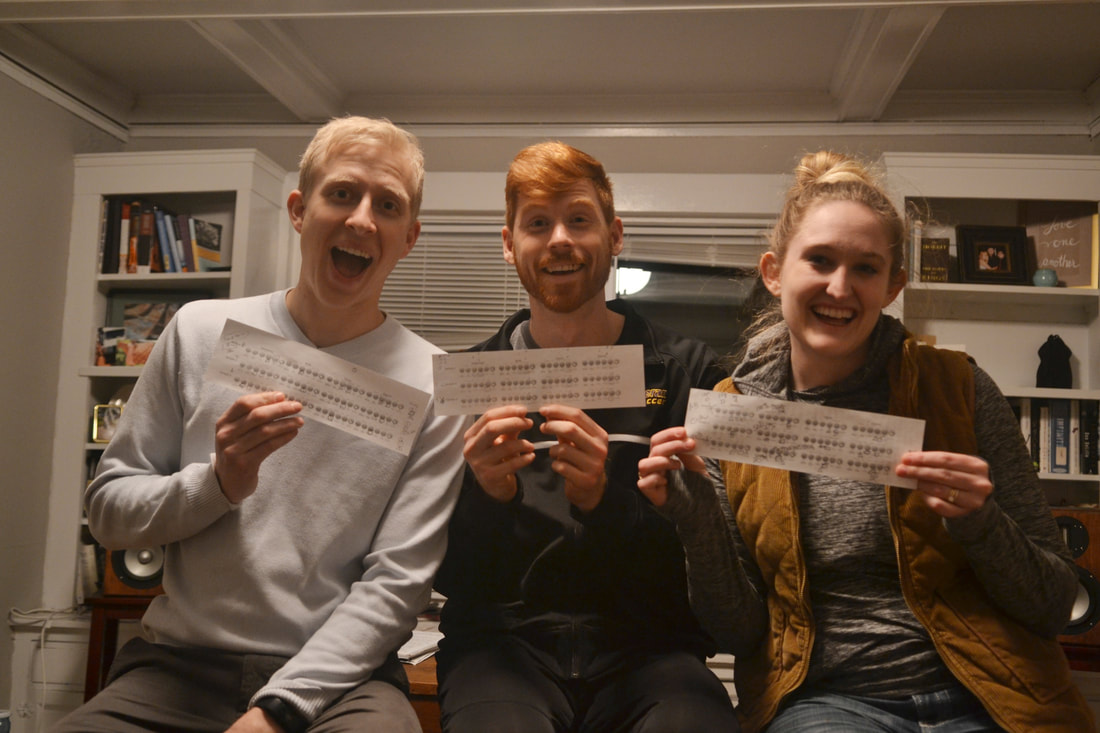
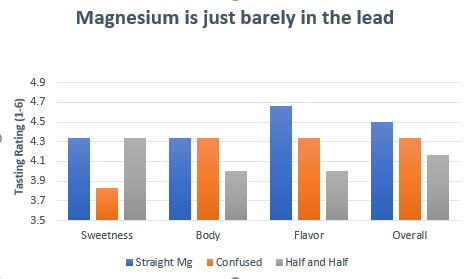
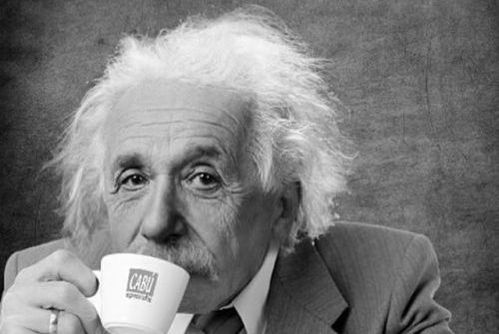
 RSS Feed
RSS Feed
